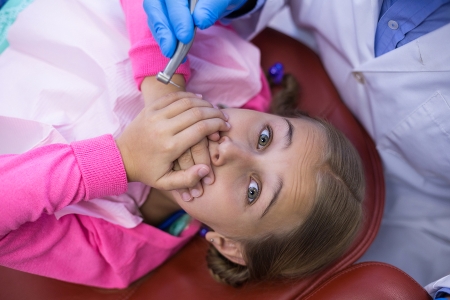WHAT SENIORS SHOULD KNOW ABOUT MAINTAINING ORAL HEALTH
Your dental needs will change over time, but your oral health will continue to be an important element of your life. Remember to brush your teeth twice each day, floss every day, and see your dentist near Belmont regularly. Seniors tend to deal with more dental health issues than younger folks, and dry mouth and gum disease are both common examples. Additionally, the older you get, the more important it is that you take care of your overall health. Keep reading to find out what seniors should know about maintaining oral health.
Dealing with Dry Mouth
You need your saliva for more than helping your body break down food. Saliva also helps to wash food debris and bacteria out of the mouth, so a lack of saliva can present some critical dental health problems. Dry mouth can lead to tooth decay, and it’s more prevalent among older people. If you want to make your dentist happy and avoid this problem, consider the medications you take. Many medications list dry mouth as a side effect, and while that might seem minor in comparison to the condition you’re treating, declining oral health can be bad for your wellbeing as well.
Facing a Higher Risk for Gum Disease
Gum disease is a health condition that affects people all around the world, and the risk of suffering from this disease only increases with age. The older you get, the more important it is to pay attention to your oral health and cut down on your risk factors. This means you need to use a soft-bristled toothbrush to brush your teeth two times every day, and you need to floss every day as well. You also need to see your dentist for regular checkups to ensure that your oral health remains intact.
Handling Other Conditions
Brushing and flossing your teeth will help your oral health, but taking care of your body in general is also key. Health conditions like diabetes and heart disease have been linked to oral health, so gum disease might turn out to be more serious than you thought.


